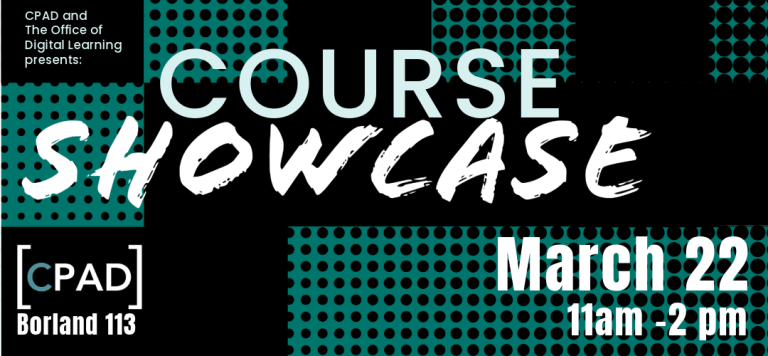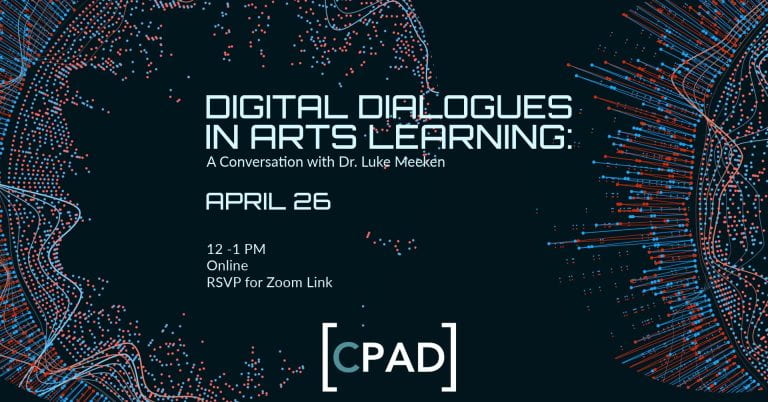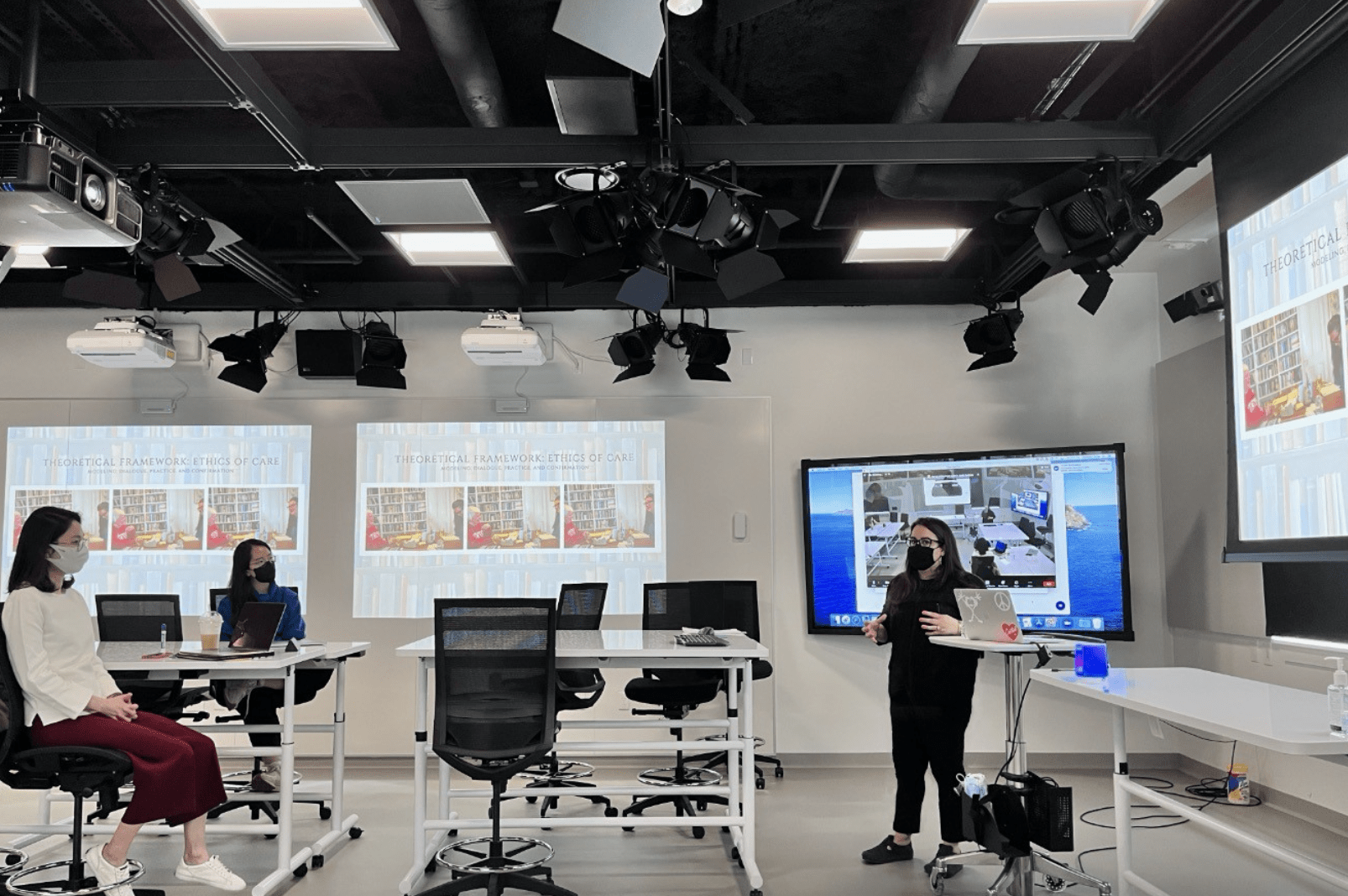
Office of Digital Learning Course Showcase
March 22, 2024 | 11 AM – 2 PM
The Office of Digital Learning (ODL) has been designing and developing fully online courses for the College since 2006. Three instructional designers from ODL will showcase courses benefiting from ODL’s pedagogical and technological expertise upon course design, and panel Q&A will follow. Introduction to Visual Studies
Newly revised, Introduction to Visual Studies (ART 10) is a general education course created for students without previous art experience, authored and taught by Anna Divinsky. The course exposes students to a diverse selection of contemporary artists and their artworks, focusing on the process of artmaking and its evolution through multiple iterations and peer feedback. Using a virtual art gallery and a studio approach, by the end of the course students have contributed to virtual exhibits reflective of their cumulative knowledge and artistic growth.
Instructional designer Brendan Berthold will focus on his role in incorporating the virtual art gallery, equipping students to research lesser-known contemporary artists, and facilitating a student-built encyclopedia of artist knowledge that will grow larger and better with every offering of the course.
Shop Safety Training for the Stuckeman Shop
Shop Safety Training for the Stuckeman Shop is a truly unique course in our portfolio. Born out of an opportunity to shift the critically-important safety instruction from real time in the shop to asynchronous delivery, Shop Safety Training uses a wealth of videos and images to orient a user to every power tool in the shop. Students must demonstrate their mastery of all the tools before they are allowed to use the shop. The course was authored and is taught by Allan Sutley.
Instructional designer Deb Gulick will discuss the improvements in time savings and efficiency, the role of prerequisite quizzes, review-on-demand, and other benefits gained from the new approach.
Cultural History of Designed Places
Revised in 2019, Cultural History of Designed Places (LARCH 60) is an introduction to the development of designed outdoor places from the ancient past to the present day, explored through the lens of cultural values. Bonj Szczygiel authored the course, while
Shruti Dixit instructs it. The courses features narrated, visually-rich lecture videos and a number of resources and activities that foster learning and improved performance in the course.
Instructional designer Bill Rose will focus on the “Check Your Understanding” learning activity associated with every lecture in the course, which served as an instructional bridge between the considerable content presented and improved performance on module exams. Students have stated that this learning activity is one of the most helpful features of the course.


